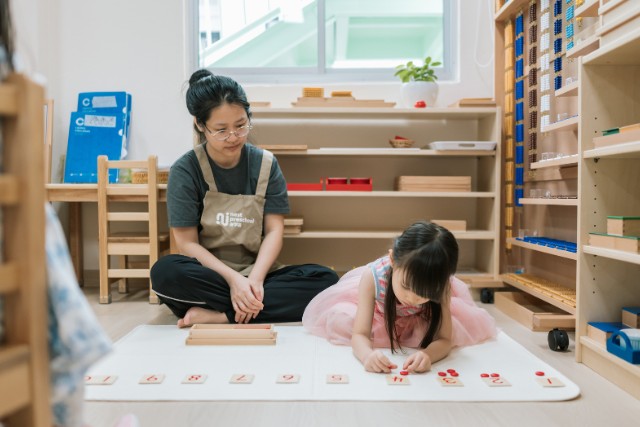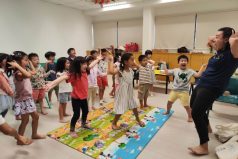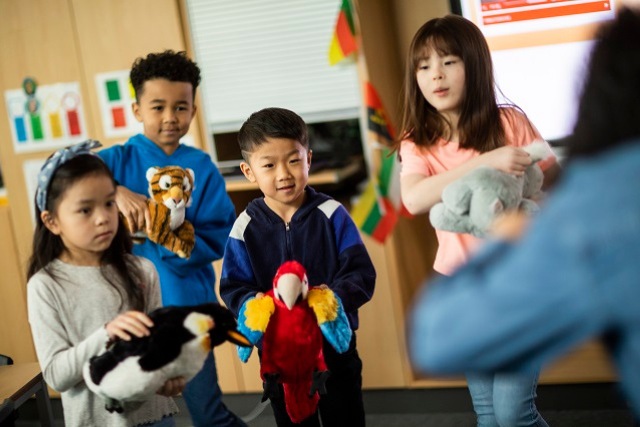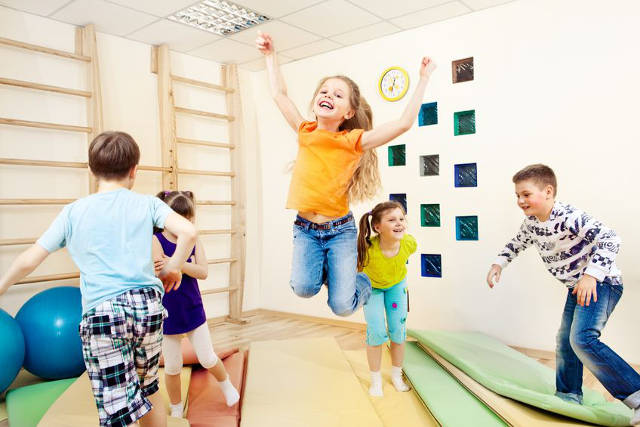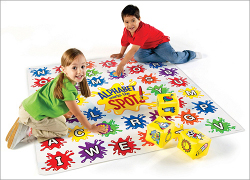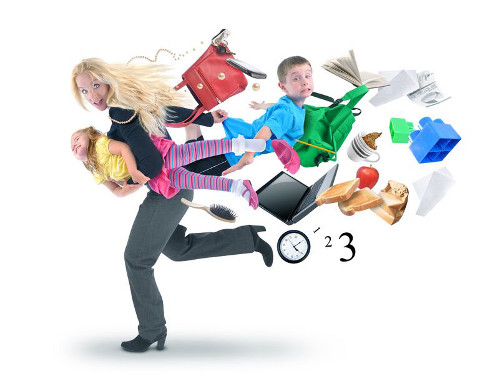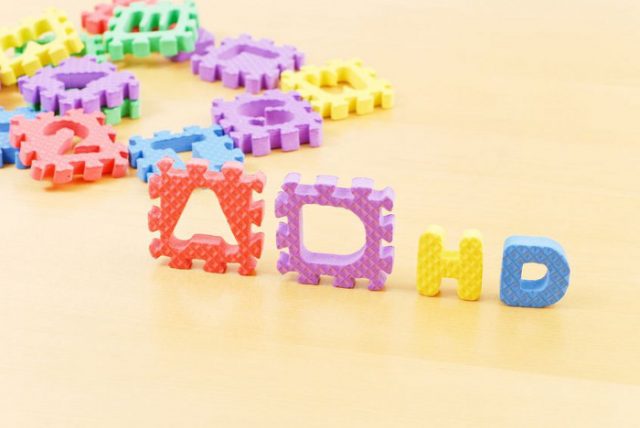Why are movements and active play are so important for babies? Why should parents stop hurrying their little ones to hit those milestones? Let’s find out more from child expert Dr Jane Williams, Director and General Manager in Research and Education at KindyROO.
⇒ Related Read: I Can Predict My 4-Year-Old Child’s Future!
Q: My child is not meeting the milestones! Is that really okay?

It doesn’t matter when the child goes through the milestones – it’s when they DO. As long as the babies crawl on their tummies, creep on their hands and knees or try to pull themselves up, somewhere in that time, they will be able to hit the milestones. Because babies need at least 400 to 800 hours of those cross patterning movements. When we try to get out babies to meet the milestones, we may push our babies at a rate they are not ready for. It’s about making sure your babies have the opportunities to go through the natural normal range of processes that their brain comes to expect. Parents need not hurry their babies, they just need to show them what ways to help them best.
Q: When will my child be ready to learn his or her ABCs?
Some children will be ready at 3, some children might be ready till they are 7 or 8. Some children may take longer because everybody is different; everybody’s experiences are different and their genetic potentials are different. Boys and slightly different to girls too.
Children are not really ready to do so until they have lateralized their brains. Brain development is sequential; it goes from the bottom up. So when they are born, they are working at a brain stem level, their reflex level of development and those reflexes are those that help get our babies mobile.
That is our aim in the first year of our life – to make sure that those reflexes are utilized in our babies, in moving and inhibited by voluntary control. And we can only do that through practicing movements such as crawling and creeping. These developmental milestones are also a reflection of what level our child’s brain development is at.
That is why we encourage our parents in the KindyROO Program to put their babies in positions and activities that enable their babies to get mobile early, from 4 – 6months old. And then the brain actually develops voluntary movement action that supersedes the reflex control. The reflex control is always there, it’s always present to protect. We can’t actually do academic learning until our brain is at a level of development that enables that to happen easily and freely.
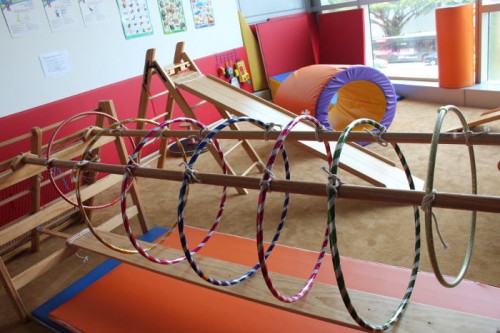
Equipment at KindyROO Singapore to provide opportunities for babies to crawl.
Q: Why does my baby need to move so much?
We don’t have to think about moving our body, controlling our body, keeping a good posture, our coordination as it comes naturally to us. But it only comes naturally only if we had the opportunities and experiences to enable them to do so. Children don’t have that automatic motor planning in place. That means the brain has to work at doing activities and movements that it shouldn’t have to think about. When they can do that freely, it actually enables the high cortical level to function independently.
When we don’t have to think about the basic movement and basic levels of life, we can concentrate, attend to tasks and we can learn. And that’s when children can learn their ABCs, literacy and numeracy. When that is all in place, then our children can learn easily, successfully and they will enjoy school.
And they shouldn’t be pressured to learn their ABCs.
Q: How can these movements benefit my child?
Movement is also what enables us to initially work both sides of our body together, we push along on little scooters, then we start to use one side and the other side, we start to ride a bicycle, we do things separately. Those are really important foundation skills for automatic motor planning. When we stimulate our body, we stimulate the WHOLE brain, especially the cerebellum where all the sensory messages get sorted and pass through. Movement is how babies learn about the concepts of literacy and numeracy.
KindyROO program is based on just the healthy development of the brain based on movement. Movement provides the brain with all the experiences it needs. It needs sensory experiences so movement gives us lots more opportunity to touch, taste, hear, see, feel and to get messages from our muscles and joints about what our body is doing and how we can coordinate it.
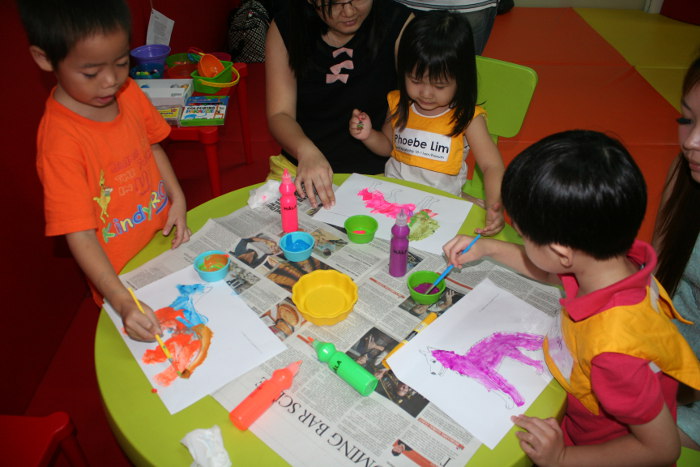
When you write at school, guess what you do? You cross your brain’s midline. So children who actually don’t cross the midline with their body, they don’t write with their pencil from one side to the other (e.g. left to right). Another thing a mature brain enables us is it allows one of our hands to do one job, the other hand to hold the paper still. And if your brain is not at that level, you are going to have a lot of trouble reading or writing across the page. It’s also important for mathematics because for Maths you have to learn concepts, up and down, in and out, plus and minus, adding figures, being able to visualize them in your mind. And all that comes with practicing with your body. Let’s go up and down the slide, over the fence and under the bridge.
Q: Is the KindyROO Program suitable for children with special needs?
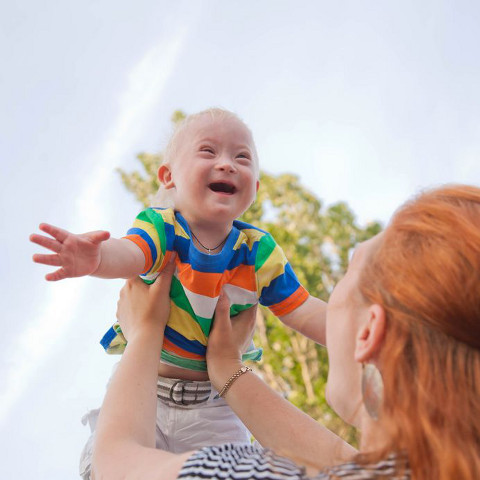
The program does accommodate children with special needs, especially babies. However, once children get older and their special needs become more obvious, parents find it difficult for them to bring their children along as they may be 2 years developmentally behind. We find children with Down syndrome do very well with our program, especially when they start as soon as they are born, as early as 6 weeks. Because we can get a lot of the foundation movements in place which helps with brain development and function.
However, children with autism or ADHD may find our program quite challenging as the Program asks for routine and the activities can be quite noisy and overstimulating as they are hyper auditory. Therefore Jane believes they do better with a one on one program. In KindyROO, the program is more focused on group activities; each class needs to have a minimum of four children to start and can hold a maximum of ten children.
If you would like to find out more about the classes at KindROO Singapore, visit kindyroo.com.sg or call +65 8685 3527. For more information on the program, visit www.kindyroo.com.au
* * * * *
If you find this article useful, do click Like and Share at the bottom of the post, thank you.
Running a service or business targeted for parents? Reach out to a wider audience in our Best Enrichment Classes compilation. Leave your contact details here and we will get in touch with you.












